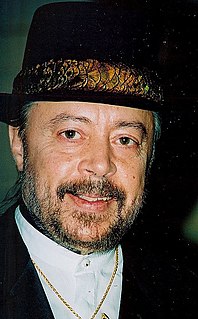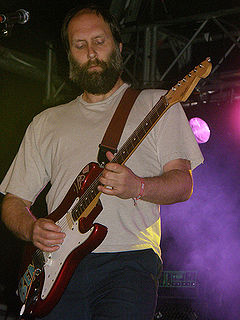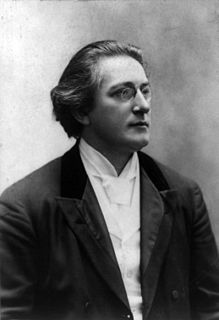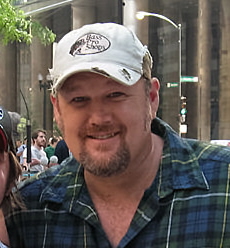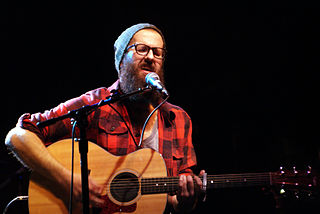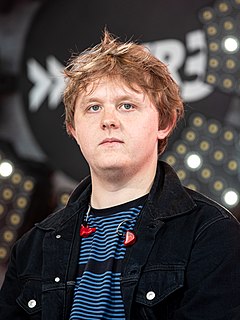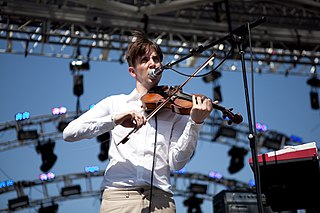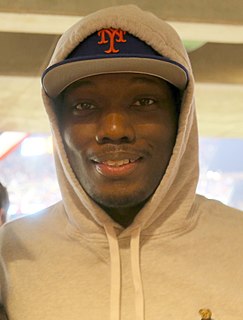A Quote by Chuck Mangione
Most recently we've been working in concert situations rather than clubs. because there aren't too many rooms there like Ronnie Scott's, that are pure music rooms, where people come specifically to listen to music.
Related Quotes
The earth's biosphere could be thought of as a sort of palace. The continents are rooms in the palace; islands are smaller rooms. Each room has its own decor and unique inhabitants; many of the rooms have been sealed off for millions of years. The doors in the palace have been flung open, and the walls are coming down.
Music is generally important to blind people, and most of the blind people that I have come into contact, through my parents, music is very special to them. Obviously, because it is more salient, you know? We might like going to the movies, and of course we like music too, but when the eyes don't work then the ears pick up slack. Music is all the sweeter at that point.
So what's happening with the audio/visuality, for the first time we are doing the music - the people who would come to the concert love the music - they loved him and loved his music - for the first time in concert it's not only the music. Now it's time to know the man. We know the music, but what was the man like?
I've always identified people's taste in music as being kind of hetero and/or homo - there's music people like because they feel like they have aesthetic similarity to it and the music they wish to create, and then there's music that represents the other, that they listen to because it represents an escape from the music that they have to make.
I don't know where genre really comes from. I grew up with parents who were artists, and I was always interested in what music they were listening to and open to all kinds of genres. So it's nice to see that whole families come to my concerts. I like having an element in my music that is inclusive rather than exclusive, without being pop for the sake of it. It's not important to me how many people listen to it - it's more wonderful that it brings people who wouldn't usually meet into the same room.
I would love to be able to play anywhere, but to me the sweet spot is clubs and theaters, just because I feel like you lean in to tell a joke. You don't back up. Comedy lives in that area. I've played amphitheaters, big clubs, and pool halls, and the most fun rooms hold anywhere from 500 to 2,000 people. That intimacy is where comedy really lives.
